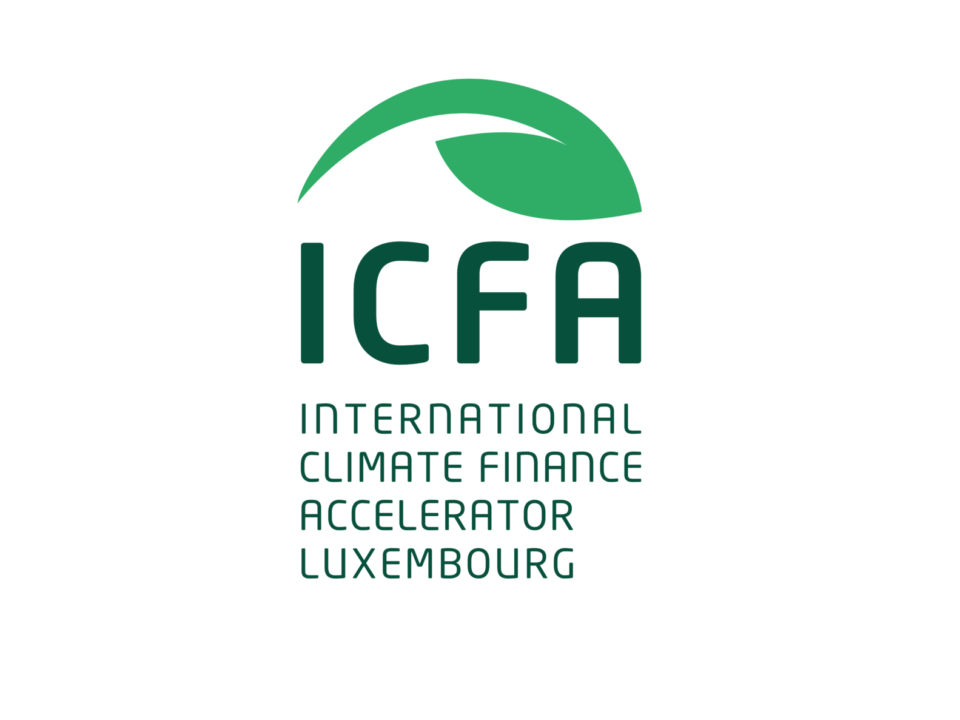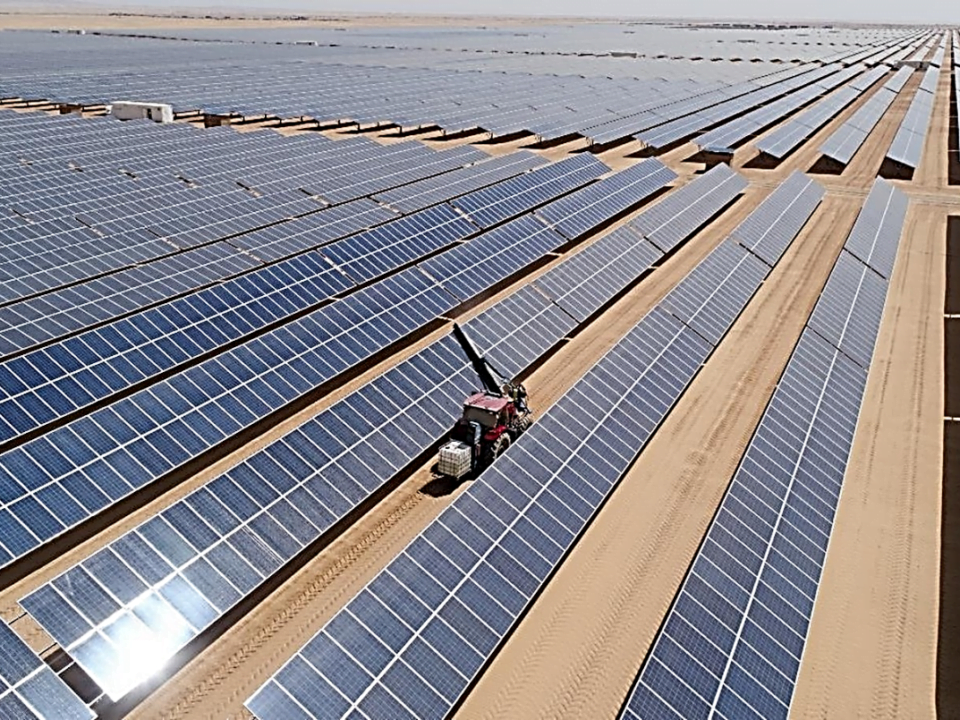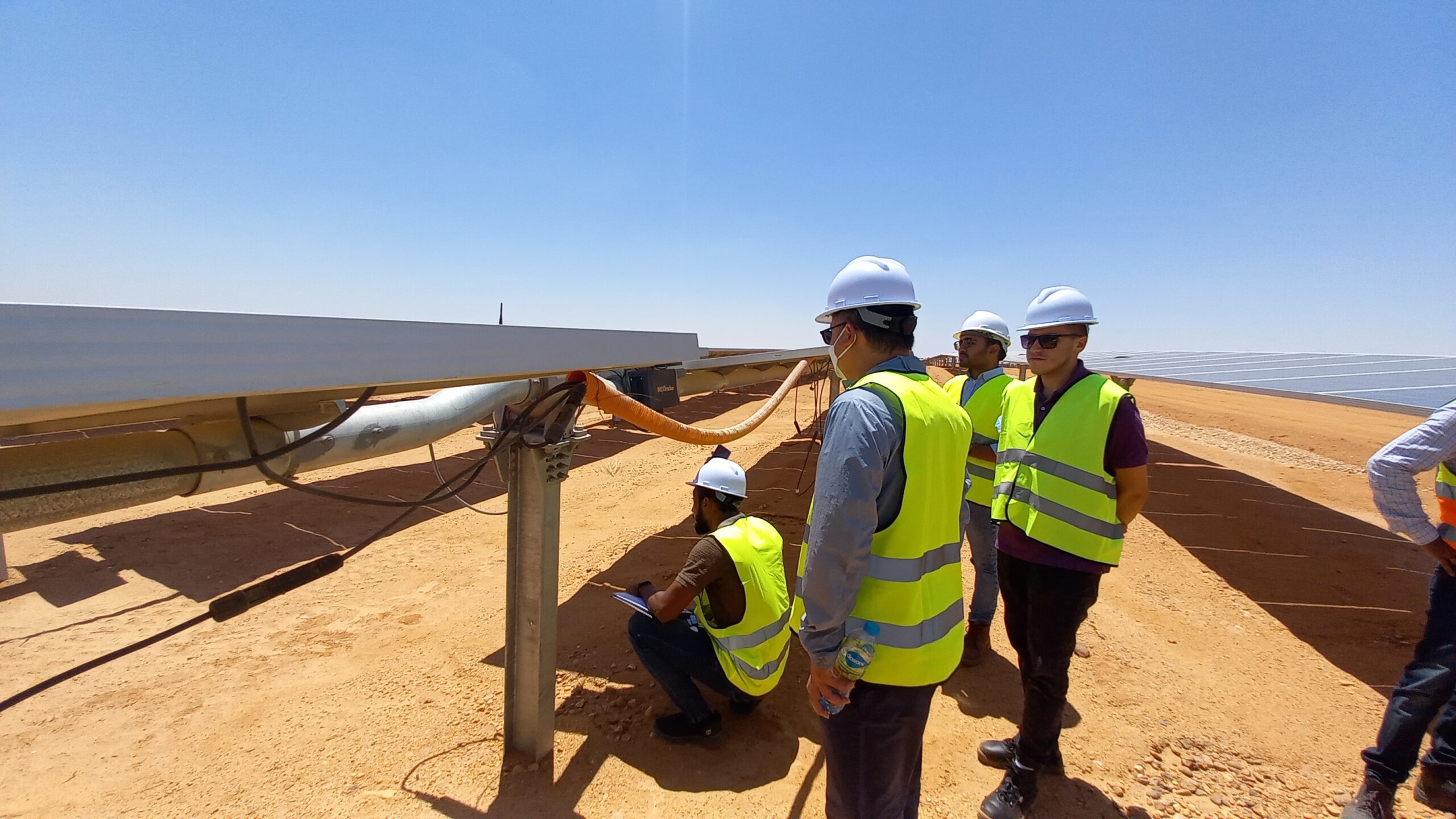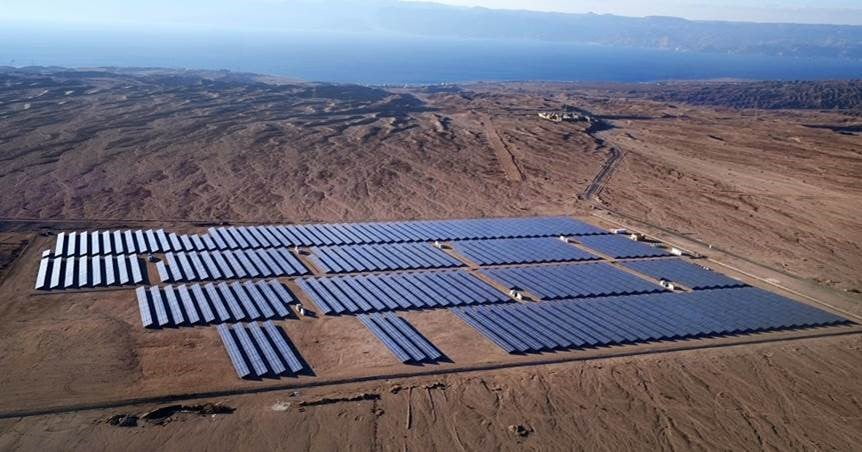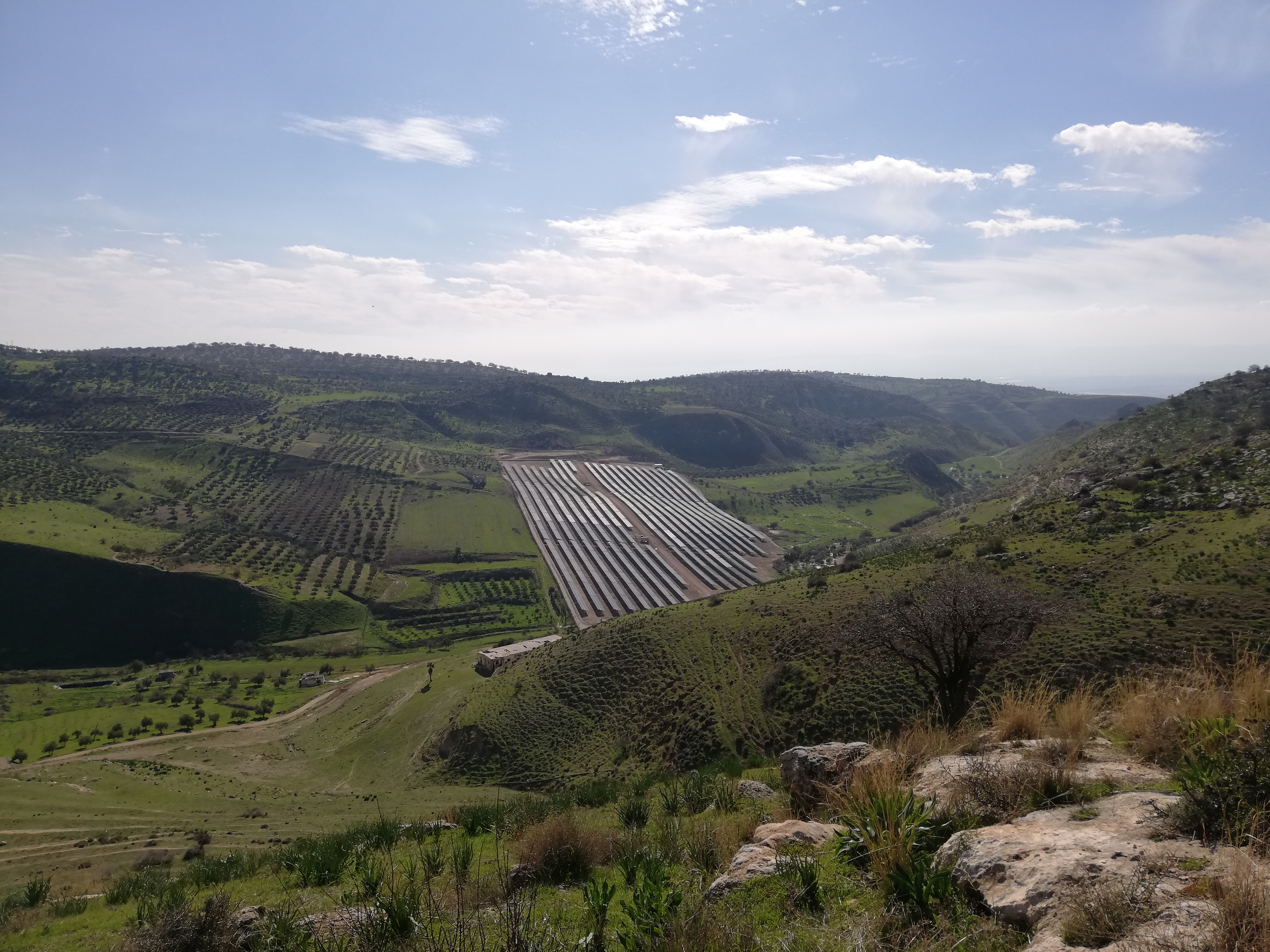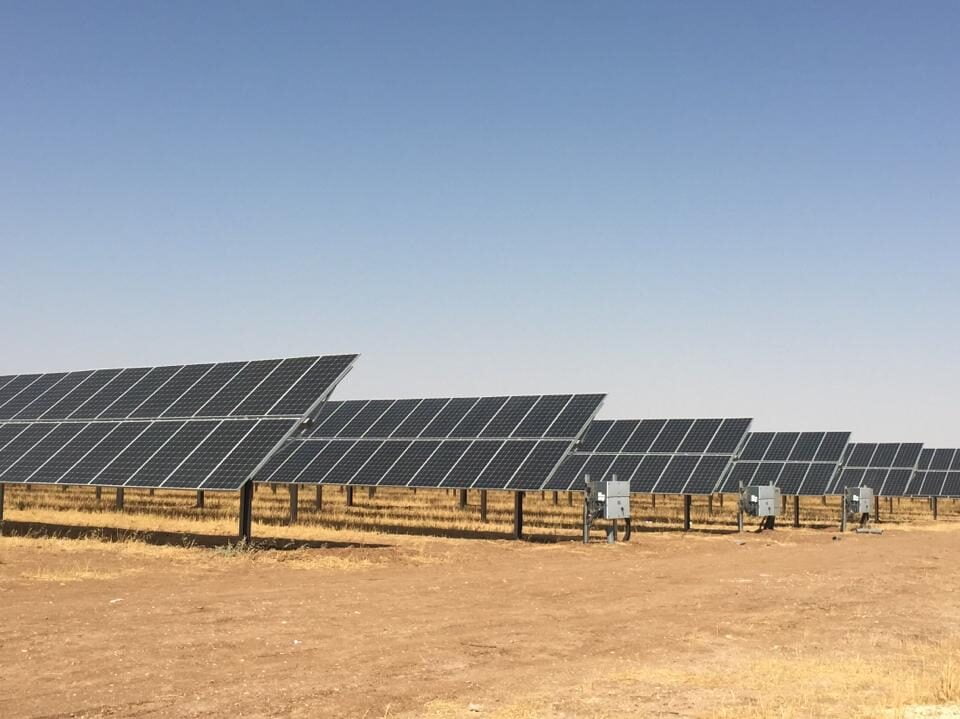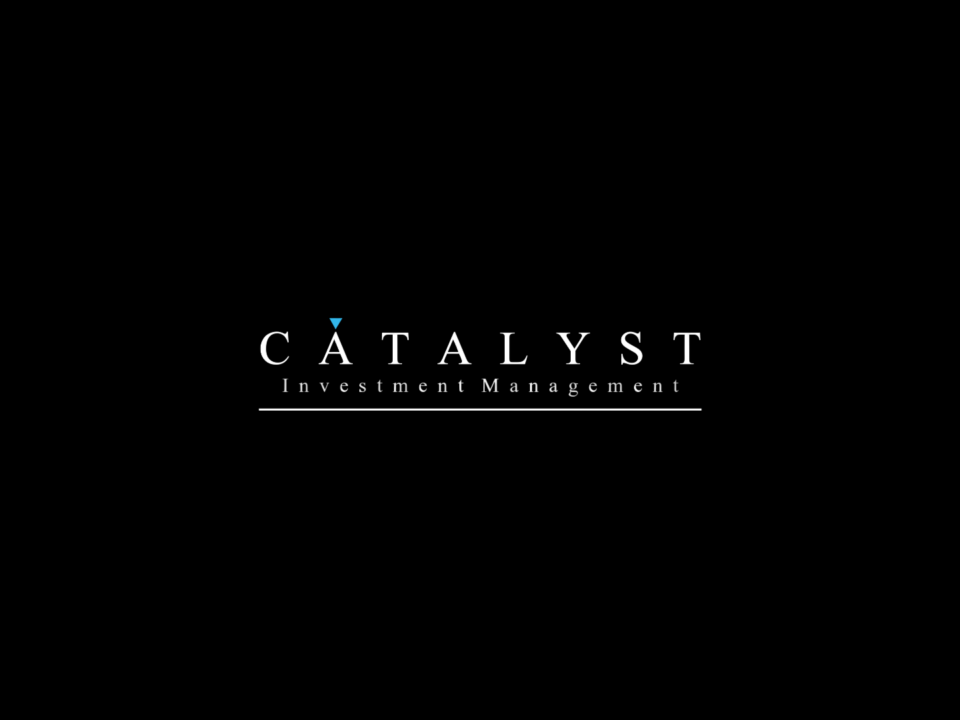Reliable Returns While Accelerating Impact
The future will either be green or not at all."
We prioritize generating attractive financial returns by leveraging your investment, while also acknowledging the significance of climate impact. Our dedicated management team, comprising agile, thorough, professional, and experienced individuals, is committed to delivering outstanding results by aligning with your financial objectives and global best practices.
First Movers
As a first mover within the solar energy industry in MENA, we are specialized in the renewable energy and water sectors, and certain to deliver ongoing climate impact and efficiency. Catalyst Investment Management operates out of Jordan, and covers the Middle East and North Africa region.

Expertise, Proximity and Scalability Accelerate the Process
We understand how to mitigate risk therefore we will handpick the best investment opportunities that reflect our values, provide an attractive return and climate impact, while safeguarding our portfolio.
Adding Value Comes With Experience
Catalyst applies a combination of macro-economic and strategic frameworks for successful value enhancement, with strong on the ground operational experience in developing projects and growing world class companies with a presence in the region.
The Catalyst MENA Climate Funds (CMCF1 & CMCF2) are instrumental in driving the transition to a sustainable future. They provide financial resources and support to projects that address climate change, promote renewable energy, and enhance resilience.
These funds play a crucial role in mobilizing investments, fostering innovation, and accelerating the adoption of environmentally friendly solutions.
Their purpose is to create a positive impact by channeling capital towards initiatives that mitigate climate risks and promote a greener, more sustainable world.
Framing Consciousness
At Catalyst, Impact & ESG (Environmental, Social, and Governance) are ingrained in our investment approach. We are committed to integrating best practices and adhering to recognized standards.
We prioritize the consideration of environmental factors, social impact, and strong governance principles in our investment decision-making process. We align with the IFC Performance Standards, the ILO Core Labour Standards and other established ESG frameworks.
We Are Committed
Our Impact
We take your investment and transform it to create the financial and climate impact you’re seeking by aligning and offering an agile, thorough, professional and experienced management team focused on the business, your customers and results.

















